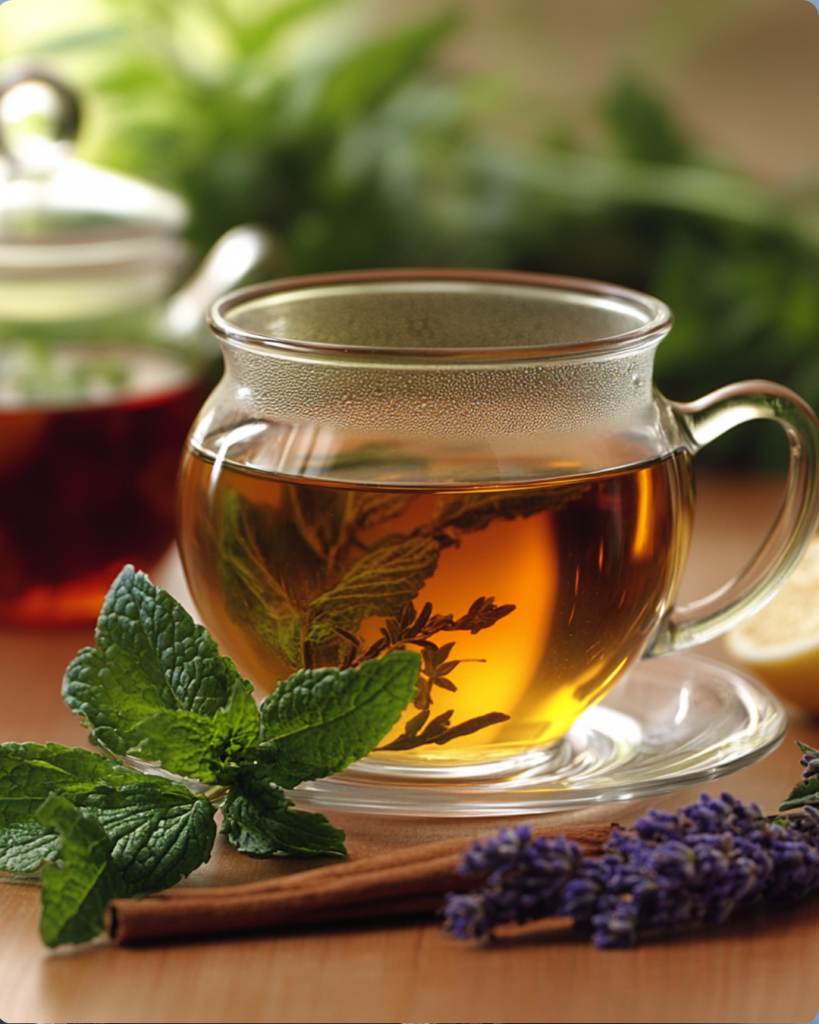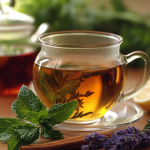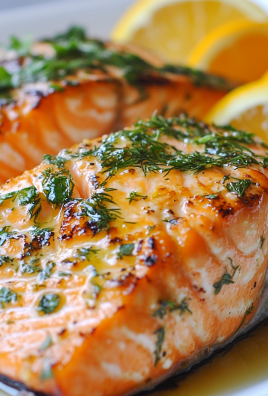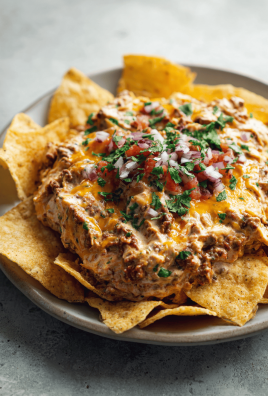
The Hydration Dilemma Explained
Every day, we’re told to drink more fluids—but what should you reach for more often: water or herbal tea? Both are hydrating, caffeine-free, and beneficial in different ways. While water is essential and unmatched in its purity, herbal tea offers extra wellness benefits, flavor, and variety.
In this article, we explore the science, benefits, and usage of water and herbal tea. Whether you’re building better hydration habits or seeking gentle daily wellness boosters, this guide will help you make informed choices for your health.
If you’re already a fan of natural wellness routines, this discussion will fit right into your lifestyle. You’ll learn which to drink and when, how to prepare herbal teas properly, and how to boost your hydration without reaching for sugary beverages.
For related ideas on incorporating healthy drinks into your routine, explore Low-Sodium Hummus with Cucumber and Carrots or infused The Best Oatmeal with Banana, Cinnamon, and Walnuts on Recipes Lady.
Preparation Phase & Tools to Use
Essential Tools and Equipment for Herbal Tea
While drinking water needs no equipment, preparing herbal tea correctly does. To get the most out of your herbal brews, here are the essentials:
- Kettle (electric or stovetop)
- Tea infuser or strainer
- Heatproof mugs or cups
- Teapot with built-in filter (optional)
- Measuring spoons
- Thermometer (for temperature-sensitive herbs like green or white tea)
- Timer or smartphone (to track steeping times)
Importance of Each Tool
- Kettle: Brings water to the ideal steeping temperature quickly.
- Tea infuser/strainer: Ensures loose-leaf herbs steep cleanly without residue.
- Measuring spoons: Helps control tea strength and herbal potency.
- Teapot or mug: Retains heat and allows for even infusion.
- Thermometer: Avoids overheating delicate herbs, which can affect their benefits.
- Timer: Prevents over-steeping, which may lead to bitterness or nutrient loss.
Preparation Tips
- Use filtered water: Whether making tea or just drinking water, quality matters.
- Do not boil delicate herbs: Let the water cool slightly before steeping mint, chamomile, or lemon balm.
- Cover your tea while steeping: This keeps in essential oils and volatile compounds.
- Steep herbs fully: Most herbal teas require 5 to 10 minutes to release their full benefits.
- Avoid metal spoons when stirring hot herbal tea—wooden or bamboo is ideal for preserving flavor.
Ingredients and Options
For Herbal Tea
Choose from these popular, caffeine-free herbs. Each offers unique benefits and flavors:
- Chamomile (calming, digestion)
- PepperStep-by-Step Directions for Brewing Herbal Tea
- Step 1: Heat the Water
- Heat 8 to 10 ounces of water in a kettle to about 200°F (93°C).
- For delicate herbs like chamomile, heat to 190°F (88°C) to avoid damaging nutrients.
- Step 2: Add the Herbs
- Place 1 to 2 teaspoons of dried herbs into an infuser or teapot.
- For fresh herbs, double the amount.
- Step 3: Steep Properly
- Pour hot water over the herbs.
- Cover with a lid or saucer.
- Steep for 5 to 10 minutes, depending on the herb.
- Peppermint: 5–7 minutes
- Chamomile: 5–10 minutes
- Hibiscus: 5–7 minutes
- Ginger: 10 minutes or more
- Step 4: Strain and Serve
- Remove the infuser or strain the tea into a mug.
- Add lemon, honey, or spices to taste.
- Step 5: Cool Slightly and Sip
- Let the tea cool slightly before sipping.
- Drink warm or let cool for an iced version.mint (soothing, anti-bloating)
- Lemon balm (stress relief, sleep)
- Ginger (immune support, anti-inflammatory)
- Rooibos (antioxidant-rich)
- Hibiscus (heart health, tart flavor)
- Nettle (iron and detox support)
- Lavender (relaxation and mood support)
Optional add-ins:
- Fresh lemon slices
- Raw honey
- Cinnamon sticks
- Fresh mint leaves
Health Benefits: Water vs. Herbal Tea
Understanding the unique benefits of water and herbal tea can help you decide which to choose and when. Both hydrate the body, but each brings its own value.
Benefits of Water
- Supports digestion and nutrient absorption
- Regulates body temperature
- Flushes out toxins through kidneys
- Maintains healthy skin and joints
- Boosts energy levels by preventing dehydration
Water is calorie-free, neutral, and universally essential. It’s the purest form of hydration.
Benefits of Herbal Tea
- Provides hydration with added plant-based compounds
- Offers antioxidants, vitamins, and minerals
- Aids digestion, reduces bloating, and soothes the stomach
- Promotes relaxation and better sleep (e.g., chamomile, lemon balm)
- Supports immune health (e.g., ginger, echinacea, hibiscus)
Herbal teas provide therapeutic effects depending on the herbs used. They’re an ideal option when you want flavor and function in your drink.
When to Choose Water or Herbal Tea
Knowing when to drink water or herbal tea depends on your needs and lifestyle.
Choose Water When:
- You are physically active or sweating
- You want fast, neutral hydration
- You are on medication that requires water
- You are avoiding additives or flavors
- You’re drinking with meals (water is gentler on digestion during eating)
Choose Herbal Tea When:
- You’re winding down or preparing for sleep
- You want to support digestion after meals
- You’re feeling stressed or anxious
- You’re experiencing cold symptoms or fatigue
- You need a gentle caffeine-free alternative to coffee
Both drinks can be consumed daily, and they complement each other well in a hydration routine.
How Much to Drink Per Day
Your total fluid intake includes both water and herbal tea. Here’s how to balance them:
- Aim for 8–10 cups (64–80 ounces) of fluid daily.
- Water should form the majority of your intake.
- 1–3 cups of herbal tea per day can supplement your hydration needs.
Choose based on activity level, environment, and health status.
Common Mistakes to Avoid
Mistake 1: Over-relying on Herbal Tea for Hydration
Fix: Use herbal tea as a supplement, not a replacement. Plain water remains essential for core hydration.
Mistake 2: Drinking Medicinal Teas Too Often
Fix: Rotate herbal teas and avoid overusing potent herbs like valerian or senna unless advised by a healthcare professional.
Mistake 3: Adding Excess Sweeteners
Fix: Enjoy the natural flavor of herbs. If needed, add a small amount of raw honey or stevia.
Mistake 4: Not Reading Herb Labels
Fix: Check ingredients. Some blends include caffeine or artificial flavoring.
Mistake 5: Reboiling Water
Fix: Always use fresh water to preserve oxygen and improve flavor quality.
Mistake 6: Skipping Proper Steep Time
Fix: Follow steeping guidelines for each herb to extract the full benefit without bitterness.
Best Times of Day to Drink
Morning
- Water: Hydrate after waking.
- Herbal tea: Try ginger or lemon balm to start the day gently.
Afternoon
- Water: Continue hydration, especially if active.
- Herbal tea: Peppermint or rooibos can help digestion and focus.
Evening
- Water: Small sips only to avoid waking up during the night.
- Herbal tea: Chamomile or lavender aids relaxation and sleep quality.
Expert Tips and Long-Term Wellness Strategies
Making the most of water or herbal tea requires consistency and small optimizations in your routine.
Expert Tips
- Drink a glass of water before each meal: This supports digestion and portion control.
- Rotate herbal teas: Different herbs offer different benefits. Vary your intake to cover immunity, digestion, relaxation, and antioxidants.
- Carry a reusable water bottle: Encourages you to sip water throughout the day.
- Avoid iced herbal teas late at night: Cold drinks may disrupt digestion and temperature regulation before sleep.
- Steep strong herbs longer and cover your cup: This retains more beneficial compounds and aromatic oils.
- Infuse water with herbs: If plain water bores you, add cucumber, lemon, mint, or berries for natural flavor and extra nutrients.
Storage Instructions for Herbal Tea
To keep your herbal teas fresh and flavorful:
- Store dried herbs in airtight glass containers away from light and moisture.
- Use within 6 to 12 months for optimal potency.
- Label jars with purchase dates.
- Refrigerate brewed tea within 2 hours and consume within 24–48 hours.
- Do not reheat repeatedly—this breaks down beneficial compounds and can affect flavor.
Frequently Asked Questions (FAQs)
Is herbal tea as hydrating as water?
Yes, most caffeine-free herbal teas count toward your daily fluid intake and are nearly as hydrating as plain water.
Can I replace all water with herbal tea?
No. While herbal tea supports hydration, your body still needs plain water for essential functions like temperature regulation and toxin removal.
Are all herbal teas caffeine-free?
Most are, but not all. Always check labels—some blends may include green or black tea, which contain caffeine.
How many cups of herbal tea are safe per day?
1 to 3 cups is generally safe for most people. Strong medicinal teas should be used with care and guidance.
Can I drink herbal tea on an empty stomach?
Yes, but some people may experience mild stomach discomfort with strong herbs like ginger. Start with milder herbs or drink after a light meal.
What’s the best herbal tea for hydration?
Mild herbs like rooibos, hibiscus, and lemon balm are especially hydrating and gentle on the stomach.
Does temperature matter in hydration?
Not significantly. Both warm and cold drinks hydrate, but warm teas may soothe digestion better.
Conclusion
Choosing between water or herbal tea isn’t an either/or decision—it’s about balance. Water is the foundation of health and hydration, while herbal tea is a flavorful, functional supplement that supports wellness in specific ways.
The best approach is to drink plenty of water daily and add 1 to 3 cups of herbal tea to your routine based on your needs—whether it’s better sleep, calmer digestion, or immune support.
Start today: keep a water bottle at your desk and brew a fresh cup of herbal tea after dinner. Share your favorite herbal blend or hydration tip in the comments below.
Want more clean-living ideas? Subscribe to our newsletter or browse our collection of healthy recipes and drinks to stay inspired all year long.
Follow us on Pinterest
Print
Day 1 Drink : Water or Herbal Tea Which Is Better for Your Body and Mind?
- Prep Time: 2 minutes
- Cook Time: 5–10 minutes
- Total Time: 7–12 minutes
Description
When it comes to hydration with a twist, herbal tea offers soothing aromas, plant-powered benefits, and a cozy ritual, while pure water remains the gold standard for clean, essential hydration. Herbal teas like chamomile, peppermint, or ginger not only hydrate but also calm the mind, aid digestion, and support overall wellness. Whether you’re sipping lemon water in the morning or winding down with a mug of lavender tea at night, both drinks have their own powerful place in a balanced, health-focused lifestyle.
Ingredients
Ingredients and Options
For Herbal Tea
Choose from these popular, caffeine-free herbs. Each offers unique benefits and flavors:
- Chamomile (calming, digestion)
- PepperStep-by-Step Directions for Brewing Herbal Tea
- Step 1: Heat the Water
- Heat 8 to 10 ounces of water in a kettle to about 200°F (93°C).
- For delicate herbs like chamomile, heat to 190°F (88°C) to avoid damaging nutrients.
- Step 2: Add the Herbs
- Place 1 to 2 teaspoons of dried herbs into an infuser or teapot.
- For fresh herbs, double the amount.
- Step 3: Steep Properly
- Pour hot water over the herbs.
- Cover with a lid or saucer.
- Steep for 5 to 10 minutes, depending on the herb.
- Peppermint: 5–7 minutes
- Chamomile: 5–10 minutes
- Hibiscus: 5–7 minutes
- Ginger: 10 minutes or more
- Step 4: Strain and Serve
- Remove the infuser or strain the tea into a mug.
- Add lemon, honey, or spices to taste.
- Step 5: Cool Slightly and Sip
- Let the tea cool slightly before sipping.
- Drink warm or let cool for an iced version.mint (soothing, anti-bloating)
- Lemon balm (stress relief, sleep)
- Ginger (immune support, anti-inflammatory)
- Rooibos (antioxidant-rich)
- Hibiscus (heart health, tart flavor)
- Nettle (iron and detox support)
- Lavender (relaxation and mood support)
Instructions
Health Benefits: Water vs. Herbal Tea
Understanding the unique benefits of water and herbal tea can help you decide which to choose and when. Both hydrate the body, but each brings its own value.
Benefits of Water
- Supports digestion and nutrient absorption
- Regulates body temperature
- Flushes out toxins through kidneys
- Maintains healthy skin and joints
- Boosts energy levels by preventing dehydration
Water is calorie-free, neutral, and universally essential. It’s the purest form of hydration.



Leave a Comment